South Sudan
2014
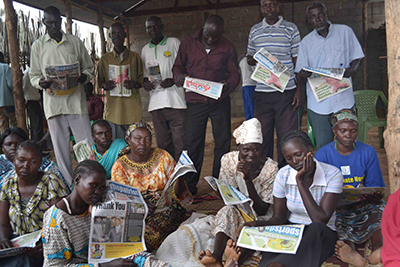
Mission Journal: As South Sudan conflict continues press still suffers
On December 15 last year, fighting that broke out between supporters of South Sudan’s President Salva Kiir and Riek Machar–who had been vice president until Kiir fired the entire Cabinet–escalated into a civil war that has increased pressure on an already fragile independent press.
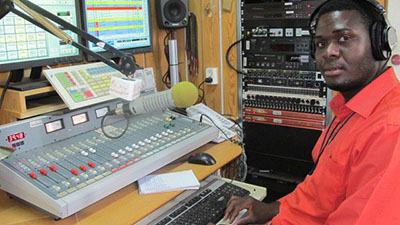
Radio Miraya journalist held for two weeks without charge in South Sudan
Nairobi, September 9, 2014–Authorities in South Sudan must present journalist George Livio to a court or release him, the Committee to Protect Journalists said today. The reporter for Radio Miraya, a U.N.-backed station, has been held without charge by security forces for more than two weeks, according to local journalists and news reports.
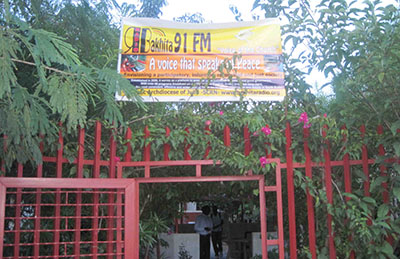
South Sudan closes radio station, arrests editor
Nairobi, August 18, 2014–The Committee to Protect Journalists condemns South Sudanese authorities’ shutdown of the popular Catholic-run Bakhita Radio station in Juba, the capital, on Saturday and the ongoing detention of the station’s news editor. Security agents raided the outlet in the morning and arrested four staff members, according to the station’s managing director and…
Freelance journalist in hiding over reports on South Sudan
Nairobi, August 6, 2014–The Committee to Protect Journalists calls on authorities in South Sudan to ensure the safety of a freelance journalist who has been in hiding since late July. Abraham Agoth told CPJ that he fled his home in the northern state of Bahr el Ghazal on July 28, fearing arrest.
Remembering Camille Lepage
“Not sure I can talk about my ‘career’ just yet–I’m still just getting started!” freelance photographer Camille Lepage told the photography site Petapixel in October 2013.Less than a year later, Lepage’s body was found in a car in the Central African Republic, according to news reports citing the French government. She had been traveling with fighters of…
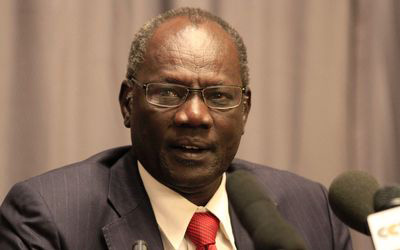
South Sudan government warning: Don’t interview rebels
Last week, South Sudanese Information Minister Michael Makuei warned reporters in the capital, Juba, not to interview the opposition or face possible arrest or expulsion from the country. According to the minister, a lawyer by profession, broadcast interviews with rebels by local media are considered “hostile propaganda” and “in conflict with the law.”
Advertising and Censorship in East Africa’s Press
The printed word is thriving in parts of Africa, but advertisers’ clout means they can often quietly control what is published. By Tom Rhodes Kenyans read election coverage in the Mathare slum in Nairobi, the capital, on March 9, 2013. One reason that advertising revenue trumps circulation for East Africa’s newspapers is that readers often…
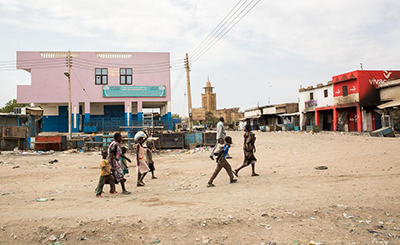
South Sudanese towns suffer information vacuum
“This is the worst situation I ever reported since I started reporting in 2007,” BBC Media Action producer Manyang David Mayar told me after he left the restive town of Bor, Jonglei State in South Sudan. Forced to walk long distances carrying his suitcase on his head to escape the fighting in Bor, Mayar drank…